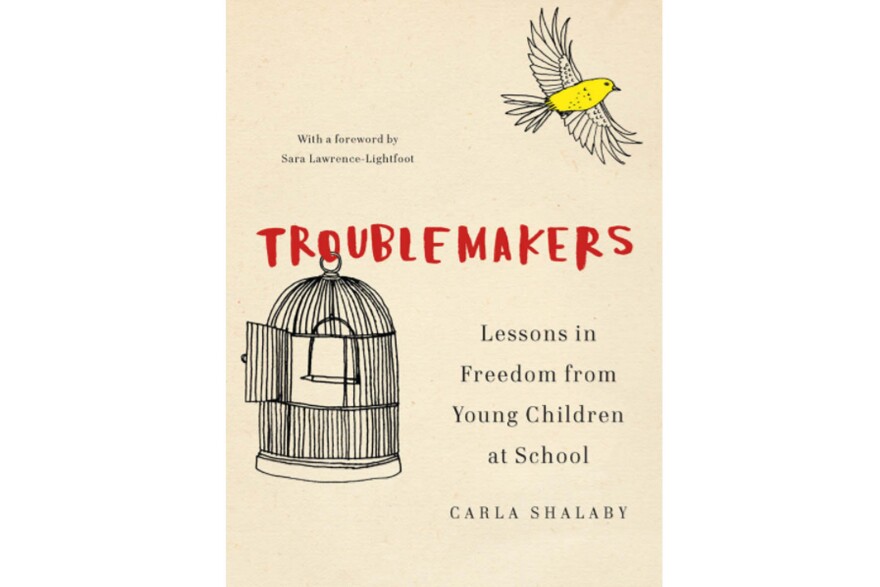This semester has opened my eyes to what it means to work with kids and be an intentional, thoughtful teacher. I've learned so much from the student teaching experiences and the discussions we’ve had in class. Out of everything we covered, the three things that impacted me the most were the importance of ethnic studies, the card game activity, and Lisa Delpit’s ideas about the cultural rules of power.
Learning about ethnic studies made a big impression on me. It became clear how powerful it is for students to see themselves and their cultures reflected in the classroom. When students feel seen and valued, they’re more motivated, engaged, and confident. Ethnic studies help build that connection, and they also help turn the classroom into a space where students feel respected and safe — which I want to prioritize as a future teacher.
The card game was a great way to portray school systems' issues regarding understanding that students come from different backgrounds, mannerisms, etc. This card game was designed to fail, or at least until we could find a way to communicate without communicating. This game showed the importance of understanding backgrounds, working collaboratively to solve the issue, and to listen. I don't mean audibly; we had to listen to each other on a different level. There is a difference between hearing someone and listening; this card game was a great way to prove that.
Lastly, Delpit’s reading helped me understand how important it is to be clear and direct about rules and expectations in the classroom. Students need to know what’s expected of them to thrive. That kind of structure and transparency isn’t just about discipline — it’s about setting everyone up to succeed, no matter their background.
These three ideas really shaped my thinking this semester. I honestly can’t imagine becoming a good teacher without keeping all of this in mind. I’m thankful for what I’ve learned and excited to continue growing as an educator at Rhode Island College.






